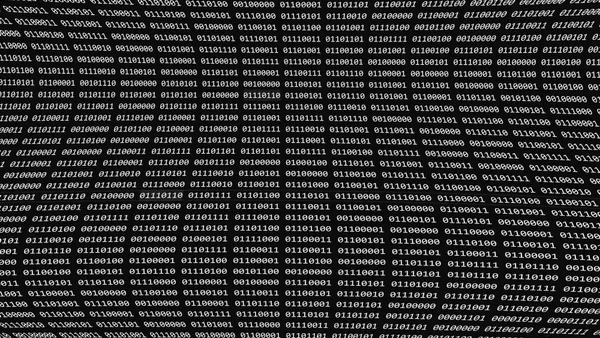Dive Brief:
- While the technology hiring market is fierce, and talent scarce, businesses should watch out for applicants who seem too good to be true. Some candidates are, in fact, a work of fiction.
- The FBI is warning organizations to stay alert for individuals using deepfakes or stolen personally identifiable information who apply for remote jobs, the agency said Tuesday.
- Spoofed applicants target roles in IT, including jobs related to programming, databases and software. If successful in getting the job, some of the positions would have allowed access to customer PII and proprietary corporate data, the FBI said. The FBI did not respond to requests for comment by publication time.
Dive Insight:
Instances of stolen identity and applicants using deepfakes are plots at home in a spy novel. Aside from reports of stolen PII used to apply for remote positions, the voice spoofing, or even voice deepfakes mean fraudsters are going extra lengths to secure jobs.
Complaints arose during online interviews when organizations reported a disconnect between the audio and actions and lip movements of the on-camera interviewee, the FBI said. At times, coughing and sneezing did not line up with what was depicted on screen.
This is not the first warning from the U.S. government about false identities for IT workers. In May, the FBI, in partnership with the Departments of State and Treasury, told organizations to watch out for IT workers from the Democratic People's Republic of Korea on the job hunt while posing as nationals from different countries.
North Korea sends thousands of skilled IT workers into freelance jobs around the world to generate revenue for high-profile state programs, including weapons development.
Individually, these IT workers, spanning jobs from general IT support to AI application development, can earn more than $300,000 per year, the advisory said. Teams of the DPRK IT workers can earn more than $3 million annually.
















